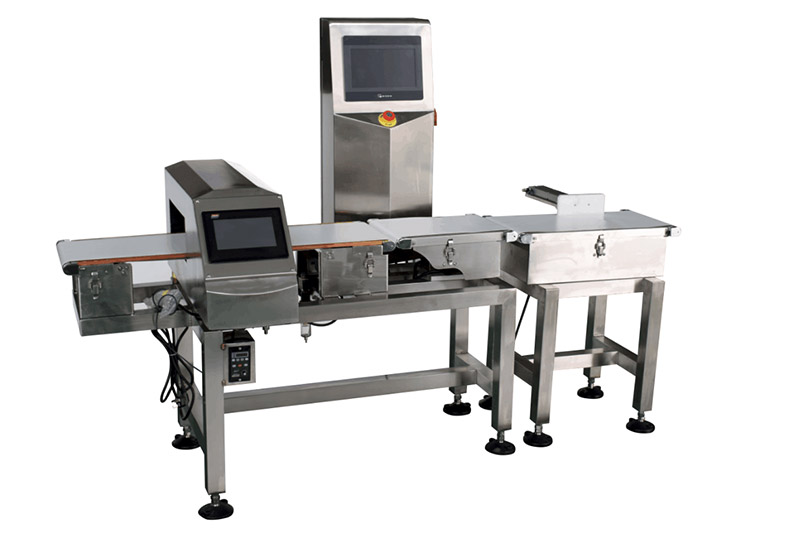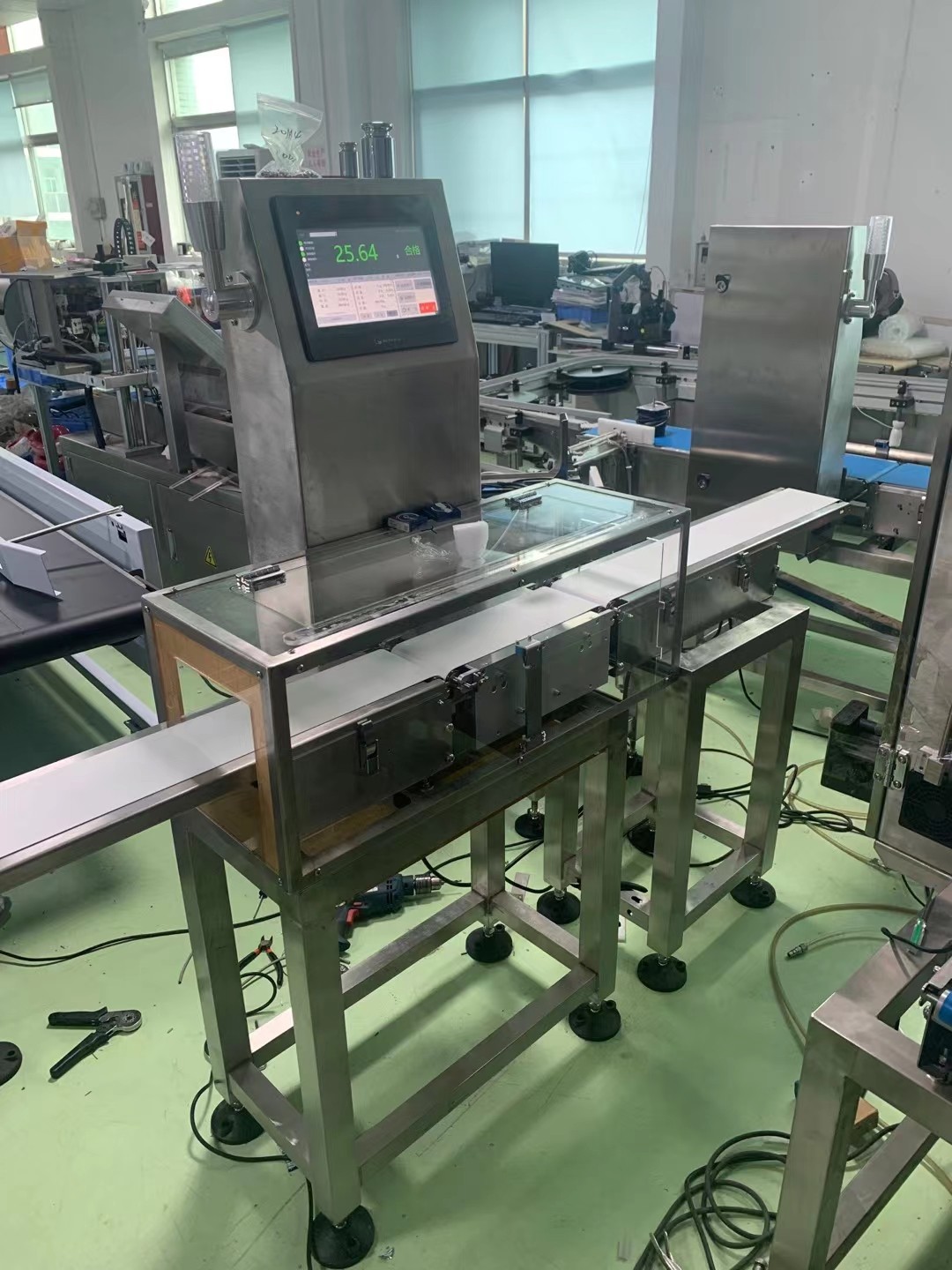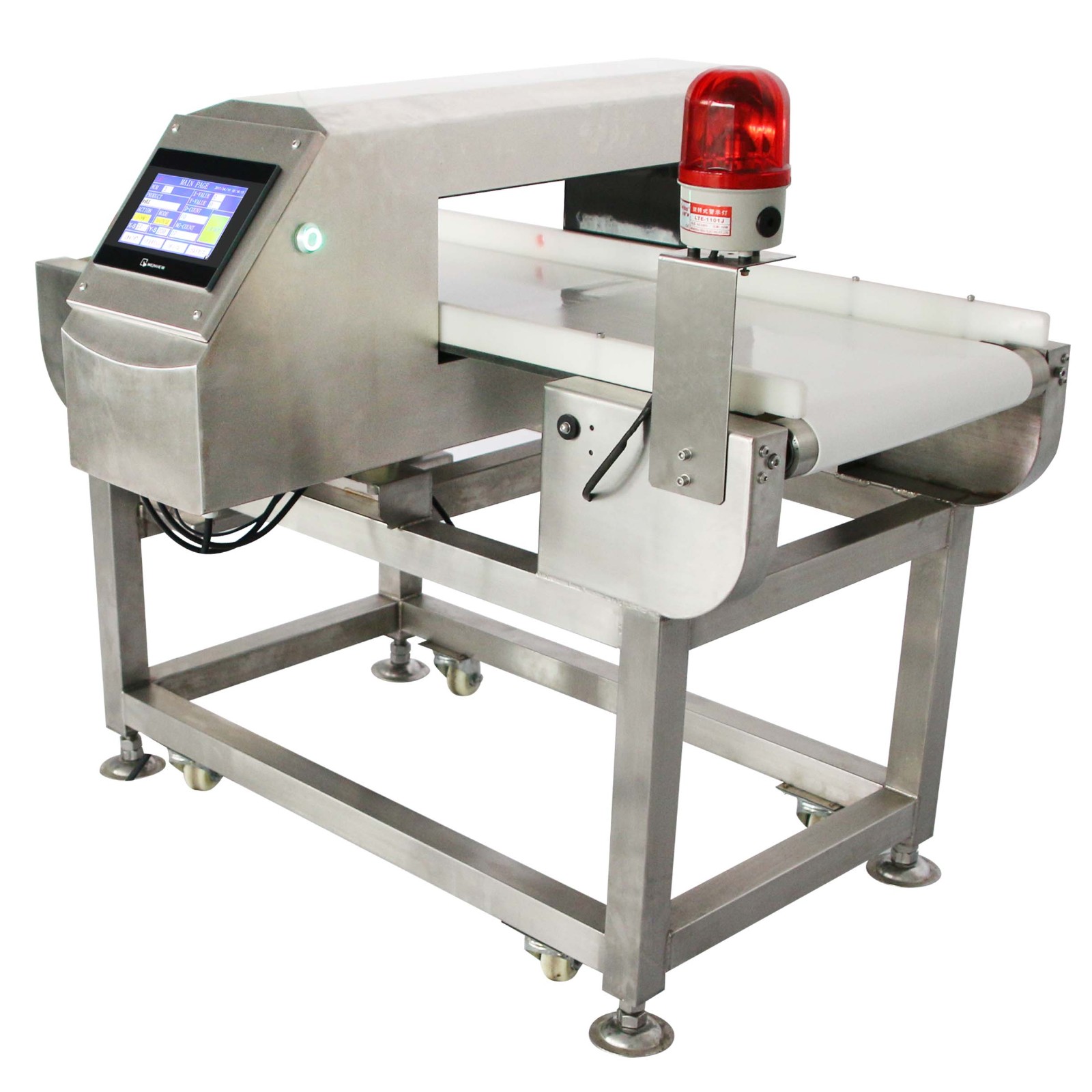inline metal detection
The incline metal detector is a machine that allows inline production of metal detectors. It's used in food production lines to ensure that all food products meet the required safety standards, which include ensuring that all metal objects are removed from the product before it reaches consumers.
The incline metal detector has many benefits over other types of inline metal detectors: it can be used with any kind of production line, it is easy to use, and it is less expensive than other models. In many cases, the incline metal detector can also be used as a standalone unit without needing to connect it to any other machines or systems.
Inline metal detectors are an important addition to any food production line. By running the detector on a conveyor belt, it can ensure that all of your products are free from contamination. If a product is contaminated, you can remove it from the belt and discard it before it reaches the packaging area.
The best part about this kind of detector is that it allows you to inspect every single product in your system, so there is no need to worry about any item being missed. The detector will alert you if there is any foreign object in your product by beeping or flashing lights. You can then take action based on your individual needs and make sure that there are no issues with your products!
The incline metal detector is a device that has been used in food production lines for years. It's been proven to be reliable and effective in detecting the majority of metal objects in food products, but it is not perfect. Since this is an optical system, it can be tricked by reflective or transparent items, or even by small amounts of grease on surfaces.
Because of this, there are some important things to keep in mind when using a metal detector for inline production:
-It's important to use an incline metal detector because it will detect more items than other types of detectors. This means that you'll have fewer false positives and fewer missed items.
-It's also important to make sure that you're using the correct type of detector for your specific needs; if your product line has unusual shapes or sizes, then you may need a different type of detector than what's listed here (for example, if you need one that can detect at angles or one that works on curved surfaces).
-You should always use a metal detector as part of an integrated system with other quality control measures; no one method alone can prevent all possible problems from occurring on your line!




